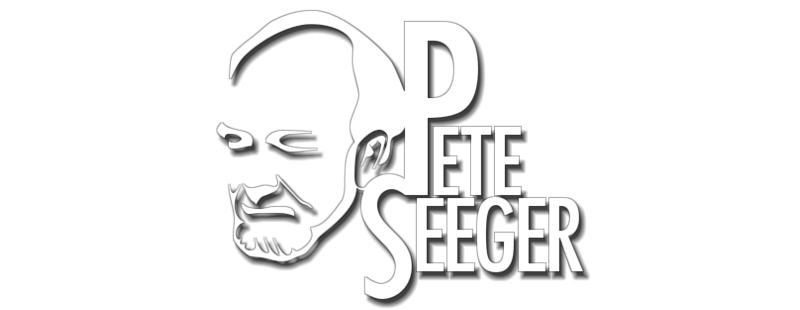Album Releases  view
view
Members
 1 Male
1 Male
Origin
 Patterson, New York, USA
Patterson, New York, USA
Genre
 Folk
Folk
Style
 Folk
Folk
Mood
---
Born
Origin
Genre
Style
Mood
---
Born
![]() 1919
1919
Active![]() 1939 to
1939 to ![]() 2014
2014
Cutout![]()
3 users
3 users
3 users
3 users
3 users
Artist Biography
Available in:
Peter "Pete" Seeger (born May 3, 1919; † 27. Januar 2014) was an American folk singer. A fixture on nationwide radio in the 1940s, he also had a string of hit records during the early 1950s as a member of The Weavers, most notably their recording of Lead Belly's "Goodnight, Irene", which topped the charts for 13 weeks in 1950. Members of The Weavers were blacklisted during the McCarthy Era. In the 1960s, he re-emerged on the public scene as a prominent singer of protest music in support of international disarmament, civil rights, and environmental causes.
As a song writer, he is best known as the author or co-author of "Where Have All the Flowers Gone?" (with Joe Hickerson), "If I Had a Hammer (The Hammer Song)", (composed with Lee Hays of The Weavers), and "Turn, Turn, Turn!", which have been recorded by many artists both in and outside the folk revival movement and are still sung throughout the world. "Flowers" was a hit recording for The Kingston Trio (1962); Marlene Dietrich, who recorded it in English, German and French (1962); and Johnny Rivers (1965). "If I Had a Hammer" was a hit for Peter, Paul & Mary (1962) and Trini Lopez (1963), while The Byrds popularized "Turn, Turn, Turn!" in the mid-1960s, as did Judy Collins in 1964, and The Seekers in 1966. Seeger was one of the folksingers most responsible for popularizing the spiritual "We Shall Overcome" (also recorded by Joan Baez and many other singer-activists) that became the acknowledged anthem of the 1960s American Civil Rights Movement, soon after folk singer and activist Guy Carawan introduced it at the founding meeting of the Student Nonviolent Coordinating Committee (SNCC) in 1960. In the PBS "American Masters" episode Pete Seeger: The Power of Song, Seeger states it was he who changed the lyric from the traditional "We will overcome" to the more singable "We shall overcome".
Wide Thumb
Clearart
Fanart

Banner

User Comments
 No comments yet..
No comments yet..

 60%
60%





















